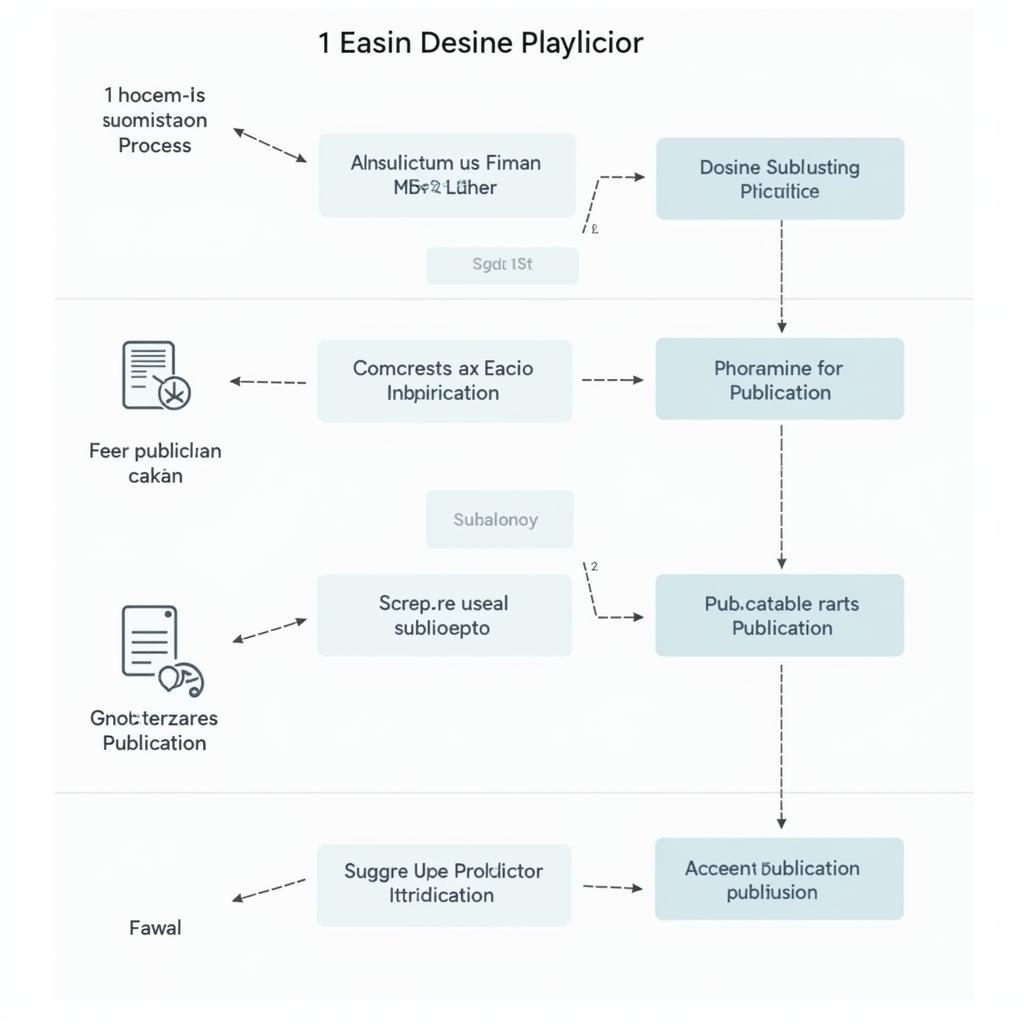Navigating the Landscape of African Bank Executives
African Bank Executives operate in a financial landscape that is both vibrant and complex. With rapid technological advancements, evolving customer expectations, and a dynamic regulatory environment, these leaders play a crucial role in shaping the future of banking on the continent. Understanding the intricacies of their roles, responsibilities, and the challenges they face provides valuable insights into the African banking sector as a whole.
The Evolving Role of African Bank Executives
Gone are the days when banking leadership solely revolved around financial acumen. Today’s African bank executives are expected to be multifaceted, possessing a blend of strategic vision, digital fluency, and a deep understanding of the continent’s unique economic landscape. They are tasked with navigating a rapidly changing environment characterized by:
- Increased Competition: The rise of fintech startups and mobile money platforms has intensified competition, pushing traditional banks to innovate and adapt.
- Technological Disruption: Artificial Intelligence, blockchain, and big data analytics are transforming the financial services industry, requiring executives to embrace digital transformation initiatives.
- Regulatory Changes: African nations are actively updating their financial regulations to ensure stability and protect consumers, necessitating compliance and risk management expertise.
Key Responsibilities of African Bank Executives
The responsibilities of African bank executives encompass a wide range of areas, including:
Driving Growth and Profitability
- Developing and implementing growth strategies tailored to the African market.
- Identifying and capitalizing on new business opportunities.
- Managing costs and maximizing shareholder value.
Ensuring Regulatory Compliance
- Staying abreast of evolving financial regulations and ensuring compliance.
- Implementing robust risk management frameworks to mitigate financial crime and fraud.
- Maintaining strong corporate governance practices.
Embracing Digital Transformation
- Leading digital transformation initiatives to enhance customer experience and operational efficiency.
- Investing in technologies like mobile banking, online platforms, and data analytics.
- Attracting and retaining top tech talent to drive innovation.
Challenges Faced by African Bank Executives
Despite the immense opportunities, African bank executives also face unique challenges:
- Infrastructure Gaps: Limited access to reliable infrastructure, particularly in rural areas, can hinder financial inclusion efforts and digital transformation initiatives.
- Skills Shortage: Finding and retaining skilled professionals, especially in specialized areas like data science and cybersecurity, remains a significant challenge.
- Financial Literacy Levels: Low levels of financial literacy in some segments of the population pose challenges for product adoption and financial inclusion.
The Future of African Bank Executives
The future of African bank executives is intricately linked to their ability to navigate the digital revolution, foster financial inclusion, and champion sustainable growth. Key areas of focus will likely include:
- Expanding Financial Inclusion: Leveraging technology to reach underserved populations, particularly in rural areas.
- Promoting Financial Literacy: Implementing educational programs to empower individuals and businesses to make informed financial decisions.
- Developing Local Talent: Investing in training and development programs to nurture a pipeline of skilled professionals within the African banking sector.
Conclusion
African bank executives play a pivotal role in shaping the continent’s economic future. By embracing innovation, fostering financial inclusion, and navigating the evolving regulatory landscape, these leaders are paving the way for a more robust and inclusive financial sector in Africa. Their ability to adapt to change, seize opportunities, and overcome challenges will ultimately determine the success and sustainability of the African banking industry in the years to come.
